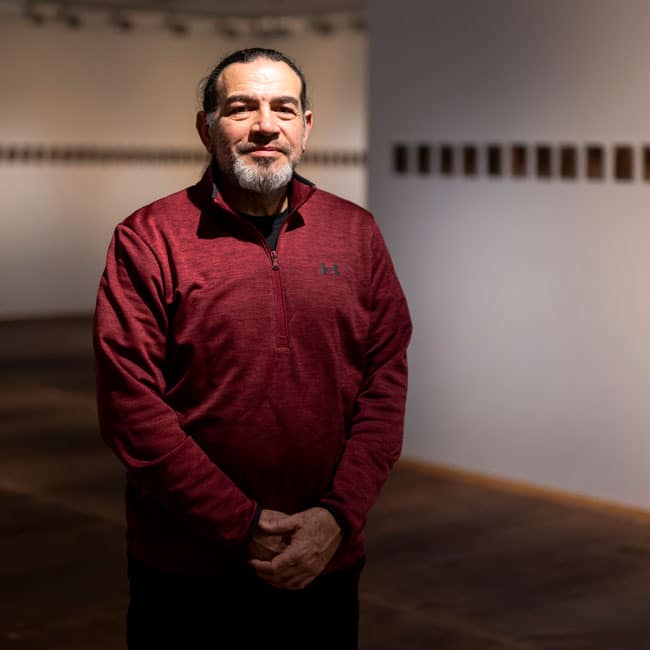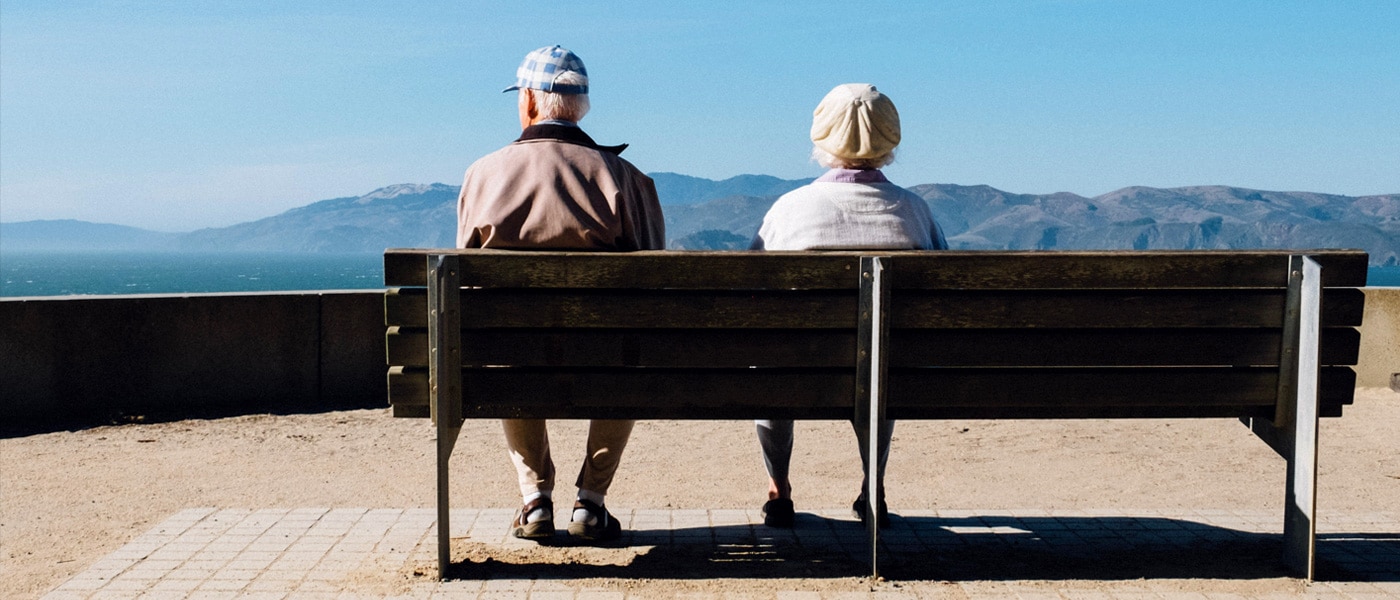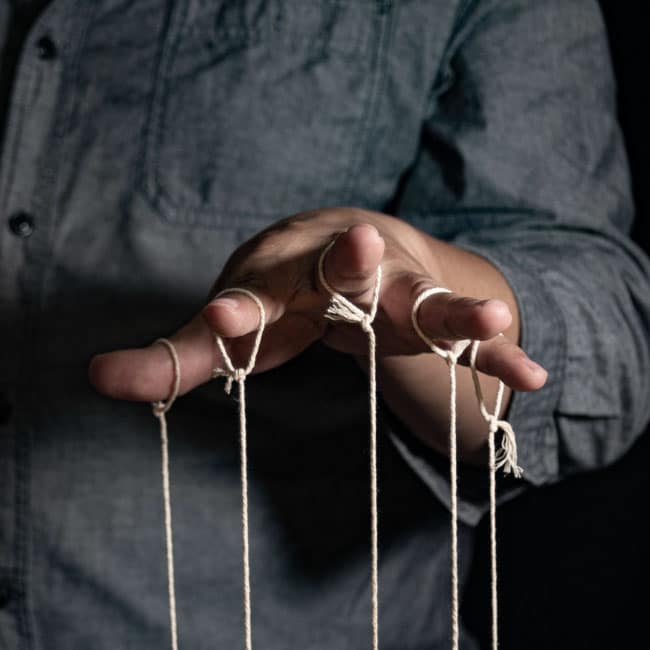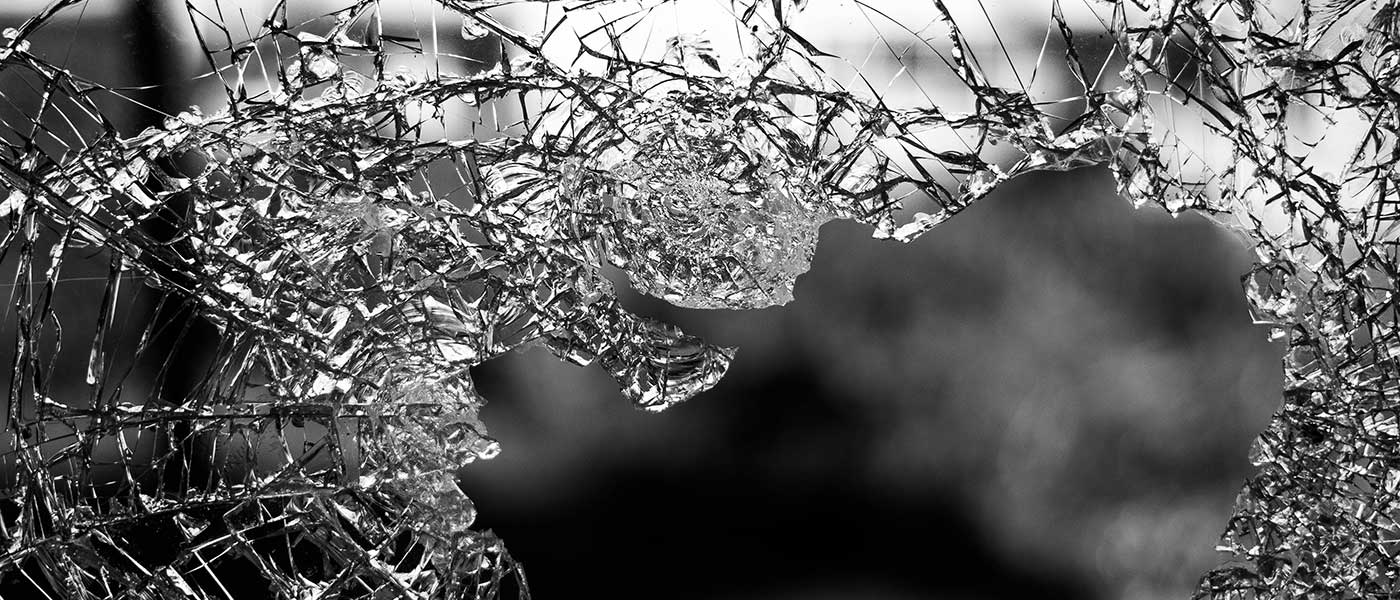Freedom of expression, the art of...
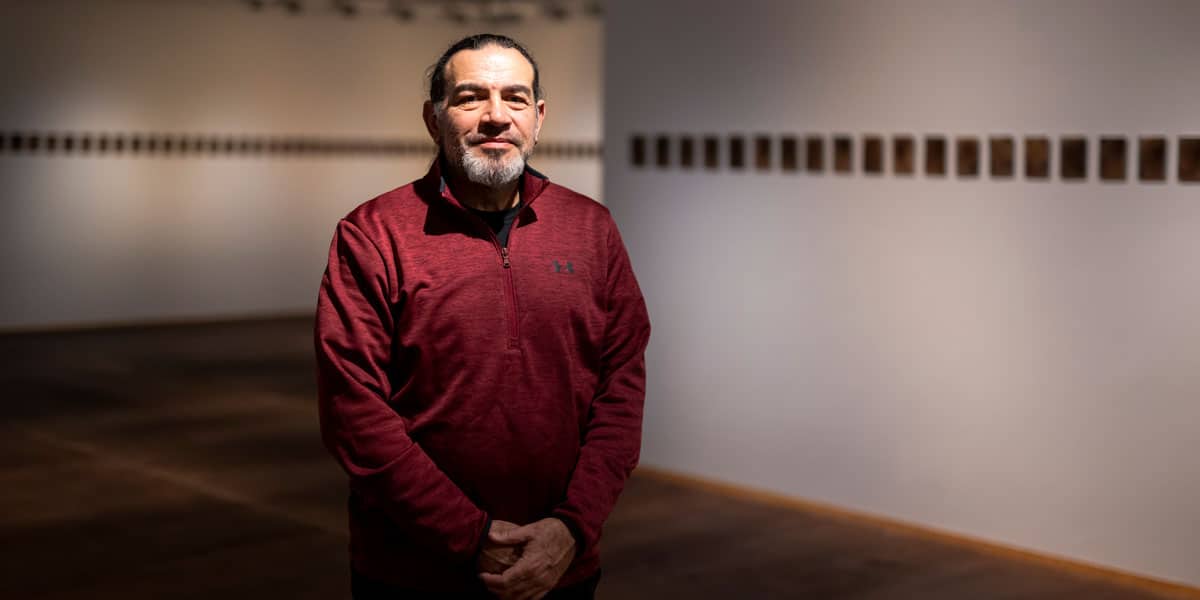
Freedom of expression, the art of…
Opinion + AnalysisSociety + CulturePolitics + Human Rights
BY Brook Garru Andrew 5 MAR 2025
The creative mind is a vast universe of ideas, emotions, and experiences expressed through music, painting, poetry, and beholden to the forces of politics, history, and memory.
Creation is never neutral; it is shaped by ethics, challenged by censorship, and navigates evolving taboos. Artists share an impulse to express, question, and challenge shifting realities. Their work requires not only careful creation but also thoughtful engagement from society.
Martinican writer and philosopher Édouard Glissant explored identity as fluid, shaped by culture, history, and human connections. He introduced concepts like creolisation – the blending and evolution of cultures – and relation, which emphasises deep interconnectedness between all things. Glissant argued that true understanding does not require full transparency; rather, opacity allows for complexity and respect. His ideas remain essential in a time when artistic expression faces increasing scrutiny.
Art that challenges dominant narratives has historically faced repression. Artists have been censored, exiled, or condemned for confronting power structures. Dmitri Shostakovich was denounced by Stalin’s Soviet regime, Fela Kuti was imprisoned for his politically charged lyrics, and Buffy Sainte-Marie was reportedly blacklisted for her activism against war and colonial oppression. These cases highlight the ongoing tension between creative expression and societal control.
The questions remain: how can we create spaces for open debate that accommodate differing perspectives without deepening divisions? Can artistic expression be challenged and discussed without escalating polarisation? These ethical considerations are central to the evolving relationship between art, power, politics, and public discourse. Glissant’s vision of the world as a relational space offers a framework for understanding these tensions. We will not always agree and accepting difference is an opportunity for growth, to find ways to work together and create the world we want to be in.
Australia, despite its colonial past which it is still coming to terms with, has the potential to embrace this openness. It has long been a refuge for those fleeing war and persecution, and its commitment to artistic independence could foster healing and truth telling. This was achieved in 2024, when Archie Moore transformed the Australian Pavilion at the Venice Biennale with kith and kin, a genealogical mural that created a space of memorial to address Aboriginal Deaths in Custody. His work compelled viewers to confront colonial violence and won the prestigious Golden Lion for Best National Participation.
Our ability to embrace openness; however, is continually tested. In February 2025, Creative Australia selected Khaled Sabsabi to represent the country at the 2026 Venice Biennale. However, his appointment was quickly rescinded due to controversy over some of his past works. Amid heightened tensions – especially following both recent antisemitic and Islamophobic incidents in Australia – these early works ignited debate over the appropriateness of his selection to represent Australia.
Born in Tripoli, Lebanon, in 1965, Sabsabi migrated to Australia in 1978 to escape the Lebanese civil war. Now a leading multimedia artist, his work explores identity, conflict, and cultural representation. He does not seek provocation for its own sake but, in his words, “humanity and commonality” in a fractured world. The decision by Creative Australia and the unwillingness to consult with the artistic team will have consequences yet to be revealed.
Sabsabi’s removal was not solely about his art but also about a reluctance to engage with the complexity of his personal and artistic journey. The debate was quickly reduced to sensationalism and those seeking political gain. As of February 2025, major conflicts persist internationally including in Myanmar, Israel-Palestine, Sudan, Ukraine, Ethiopia, Afghanistan, Pakistan, and West Papua. These crises underscore the responsibility of countries like Australia to uphold international law, human rights protection, and open dialogue. Yet many in Australia today are hesitant – or even fearful – to publicly express their views on these crises, particularly in writing.
In this global landscape, artists play a vital role in documenting realities, challenging dominant narratives, and fostering open dialogue. Yet, such actions are becoming increasingly difficult. Perspectives are scrutinised, and the line between advocacy and bias is often blurred. Artists, journalists, and commentators must navigate these complexities with integrity, acknowledging multiple truths while resisting ideological pressures.
The Venice Biennale, one of the world’s most prestigious art exhibitions, has long been a site where these tensions surface. The Giardini della Biennale, its historic heart, houses 29 national pavilions, mostly belonging to First World nations. Established in 1895, the Biennale reflects global cultural and political hierarchies. Wealthy Western countries dominate, while many nations lack permanent pavilions and must rent temporary spaces. This structural imbalance highlights broader geopolitical tensions, where artistic representation remains deeply entangled with power, privilege, and exclusion.
When an artist like Sabsabi is removed from such a space, it is not just censorship – it is a lack of engagement with the world as it truly is: complex, layered, and shaped by histories of displacement and resilience. At a time when war, genocide, colonial legacies, and cultural erasure remain pressing concerns, his exclusion is a loss not only for Australia but for the ideals of artistic dialogue and exchange the Biennale is meant to uphold.
This moment underscores the need for genuine artistic and cultural engagement in a world in distress. Art is not just about provocation; it fosters dialogue and solidarity. While opinions on Sabsabi’s work may differ, his artwork is an expression of his lived experience. His exploration of difficult truths and diverse viewpoints underscores that nothing remains static.
The role of the artist is to show us parts of the world that we may not, or refuse to, see. It does not mean that we must agree with their viewpoint.
The broader concern is what this decision reveals about Australian values, how we as individuals and institutions engage with art, and the nation’s commitment to artistic freedom. It raises questions about transparency and decision-making in cultural institutions, but also how cultural dialogue is shaped by media, journalists, and politicians to inform public opinion.
As Australia navigates this complex moment, the challenge lies in balancing artistic freedom with public accountability. The outcome of this controversy may influence future cultural policies, shaping the country’s approach to representing its artists and how art should be viewed. Whether the withdrawal is seen as necessary caution or a loss to Australian artistic identity remains an open question.
In a world marked by ideological clashes, religious wars, and present and historical trauma, there are no absolute winners, with many caught in cycles of division. Growth begins with listening and as Glissant teaches, identity and expression cannot be confined to binaries. Complexity and contradiction invite deeper understanding. A just society must make room for difficult conversations and challenging artistic expressions.
Image: Khaled Sabsabi portrait, Unseen, 2023, image courtesy the artist and Mosman Art Gallery, © Mosman Art Gallery. Photograph: Cassandra Hannagan
Ethics in your inbox.
Get the latest inspiration, intelligence, events & more.
By signing up you agree to our privacy policy
You might be interested in…
Opinion + Analysis
Health + Wellbeing, Politics + Human Rights, Relationships
People with dementia need to be heard – not bound and drugged
Opinion + Analysis
Society + Culture
Read before you think: 10 dangerous books for FODI22
Opinion + Analysis
Society + Culture
Strange bodies and the other: The horror of difference
Opinion + Analysis
Politics + Human Rights, Society + Culture
On truth, controversy and the profession of journalism
BY Brook Garru Andrew
Brook Garru Andrew is an artist, curator and writer who is driven by the collisions of intertwined narratives. His practice is grounded in his perspective as a Wiradjuri and Celtic person from Australia. Brook is Director of Reimagining Museums and Collections at the University of Melbourne and Research Fellow at the Pitt Rivers Museum Oxford, and is represented by Tolarno Galleries, Melbourne, Ames Yavuz Gallery, Sydney/Singapore/London, and Galerie Nathalie Obadia, Paris/Brussels.
If you don’t like politicians appealing to voters’ more base emotions, there is something you can do about it
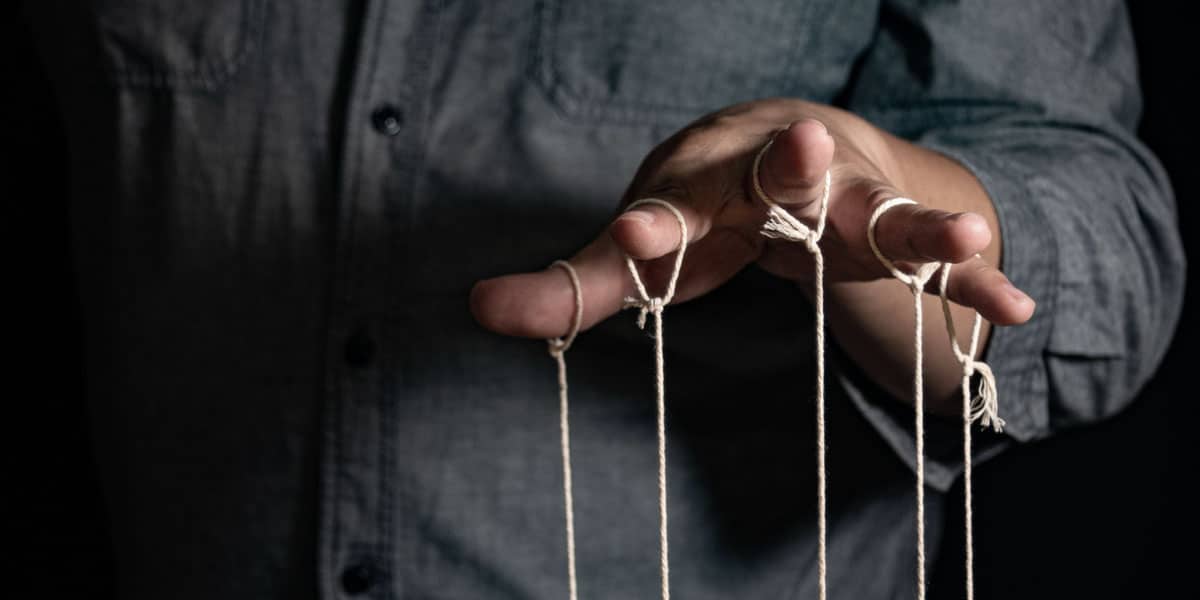
If you don’t like politicians appealing to voters’ more base emotions, there is something you can do about it
Opinion + AnalysisPolitics + Human Rights
BY Simon Longstaff 5 MAR 2025
The way politicians attempt to garner our votes during an election campaign reveals a great deal about what they think of us as people.
Consider how many politicians try to shore up their standing in the polls by tapping into the emotions of fear and greed. Of the two, playing on personal and communal fear often takes precedence — not least because it is such an easy path to follow. A skilled politician will know how to exploit vulnerability by highlighting what is precarious about our situation and then offer a solution. They will identify an “enemy” who means to cause us harm, and then claim that only they can keep us safe. They will accentuate the differences between “us” and “them” so that they can present themselves as being “on our side”.
The trick is to start with a grain of truth. People are vulnerable. There are some who mean us harm. The community is often divided across boundaries of class, religion, culture, ethnicity and ideology. Next, take that grain of truth and turn it into a mountain that dominates our view of the world. Having ramped up the fear, the skilled politician then offers to come to the rescue — this time eliciting a sense of relief, even gratitude.
An appeal to greed is less dramatic — and often less potent. It is based on the assumption that most people will put self-interest ahead of a concern for others. As Jack Lang, the former Premier of New South Wales, once put it to a young Paul Keating, “Always back the horse named self-interest, son. It’ll be the only one trying.” So, a politician will often promise some kind of personal benefit — usually not to those who might most need what is on offer, but to those whose votes will deliver political victory.
But of course, there is nothing inevitable about politicians appealing to emotions like fear and greed. Such appeals have become part of the political playbook for one simple reason: they work. Campaign strategists are, after all, the ultimate pragmatists, and they would not routinely employ the tactics they do unless they had good reason to believe that they will prove successful.
The message we receive from politicians who resort to such tactics is that they do not believe voters are able to rise above what is base and ignoble.
Which is to say, they do not think of us capable of responding, with equal vigour and commitment, to a style of politics that appeals to something more noble in our character. Indeed, even when the negative tactics work with us, even if we succumb to fear or greed and cast our vote for those who appealed to the lowest common denominator, many of us are left feeling somewhat debased. The persistent question remains: “Is that really all that you think of us? Wasn’t there anything better in us to which you could have appealed?”
That is a very fair and serious question. The core tenet of a democracy is that all power and authority derives from “the people”. But what will be the quality of our democratic polity when the mirror held up to the community by its political leaders presents such a wretched image?
I do not pretend that Australians are an especially virtuous people. We are just as flawed as others — neither more nor less. Which means there are ample opportunities to appeal to what Abraham Lincoln called, in his first inaugural address, “the better angels of our nature”. Why is it not a staple of political discourse to offer a vision of shared prosperity? Why not dwell more on common security based on an account of social cohesion as a positive good, rather than as an antidote to division?
This style of politics — one grounded in hope and inclusion — is much harder work than the politics of deficit and division. But I think the effort is worth making because, at the end of an election cycle, we should be left feeling better about ourselves — both as individuals and as a society. That positive effect should be what every politician seeks to generate. Yes, they want to win, but I would hope it is not “win at any cost”. The ends never justify the means, in the crude sense some people argue to defend the indefensible.
Within a democracy, the outcome of elections ultimately lies in the hands of citizens. We are all equal at the ballot box. We are all able to weigh up the merits of what the candidates for public office put before us. In doing so, I think we should look behind the slogans to consider what underlying message is being conveyed. Do those seeking power hold us in high regard? Do they demonstrate that they recognise the good in us to which they then appeal? Or is their underlying message that they hold us in contempt — diminishing us even as they harvest our vote?
This article was originally published by ABC religion and Ethics.
Image by Jun Li / Alamy Stock Photo

Ethics in your inbox.
Get the latest inspiration, intelligence, events & more.
By signing up you agree to our privacy policy
You might be interested in…
Opinion + Analysis
Politics + Human Rights
The rights of children
Opinion + Analysis
Business + Leadership, Politics + Human Rights, Society + Culture
Corruption, decency and probity advice
Opinion + Analysis
Politics + Human Rights, Society + Culture
On truth, controversy and the profession of journalism
Opinion + Analysis
Politics + Human Rights, Relationships
